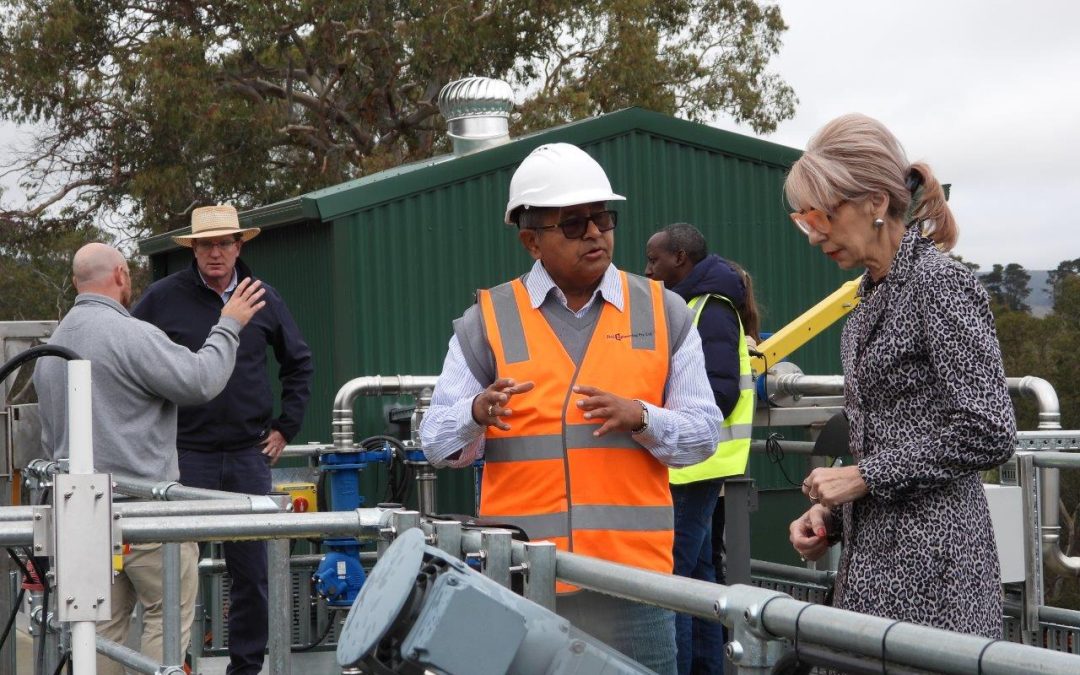Cornell University has a long-standing commitment to help lead the fight against climate change, and on April 2 it became a founding member of the International Universities Climate Alliance.
The IUCA, which includes 41 universities on six continents, was formed in an effort to share research insights and develop networks among the world’s top scientists. The group was created and organized by Ian Jacobs, president and vice chancellor of the University of New South Wales, in Sydney, Australia.
Faculty from member institutions will work to identify effective ways to communicate research-based climate change science, global warming impact, mitigation strategies and climate adaptation to educators, business leaders, policymakers and the public.
Cornell’s participation was spearheaded by President Martha E. Pollack, and Joel Malina, vice president for university relations, and Natalie Mahowald, the Irving Porter Church Professor in Engineering, will serve as Cornell contacts for the IUCA.
Among the member universities are: Arizona State University; California Institute of Technology, Pasadena; École Polytechnique Fédérale de Lausanne, Switzerland; King’s College London; McGill University, Montreal; Monash University, Melbourne; New York University; Penn State University; University of the South Pacific; University of Ghana; and the University of Nairobi.
Cornell’s membership in the IUCA is representative of its commitment to sustainability. In the climate change fight, faculty and students regularly participate on the world stage:
In 2018, Mahowald helped write the “Special Report on Global Warming of 1.5 degrees Celsius,” of the United Nations’ Intergovernmental Panel on Climate Change.
Last September, Parfait M. Eloundou-Enyegue, professor of development sociology in the College of Agriculture and Life Sciences, helped write and deliver the United Nations’ Global Sustainable Development Goals to U.N. Secretary-General António Guterres. In turn, Guterres presented the report “The Future is Now: Science to Achieve Sustainable Development” to the U.N.’s General Assembly.
Cornell students – thanks to funding from the Office of Engagement Initiatives and the Cornell Atkinson Center for Sustainability – participate in the Conference of the Parties, part of the 1992 United Nations Framework Convention on Climate Change.
And last spring, Chris Barrett, the Stephen B. and Janice G. Ashley Professor at Cornell’s Dyson School of Applied Economics and Management, presented the annual George McGovern Lecture at the Food and Agriculture Organization of the United Nations’ headquarters in Rome.








